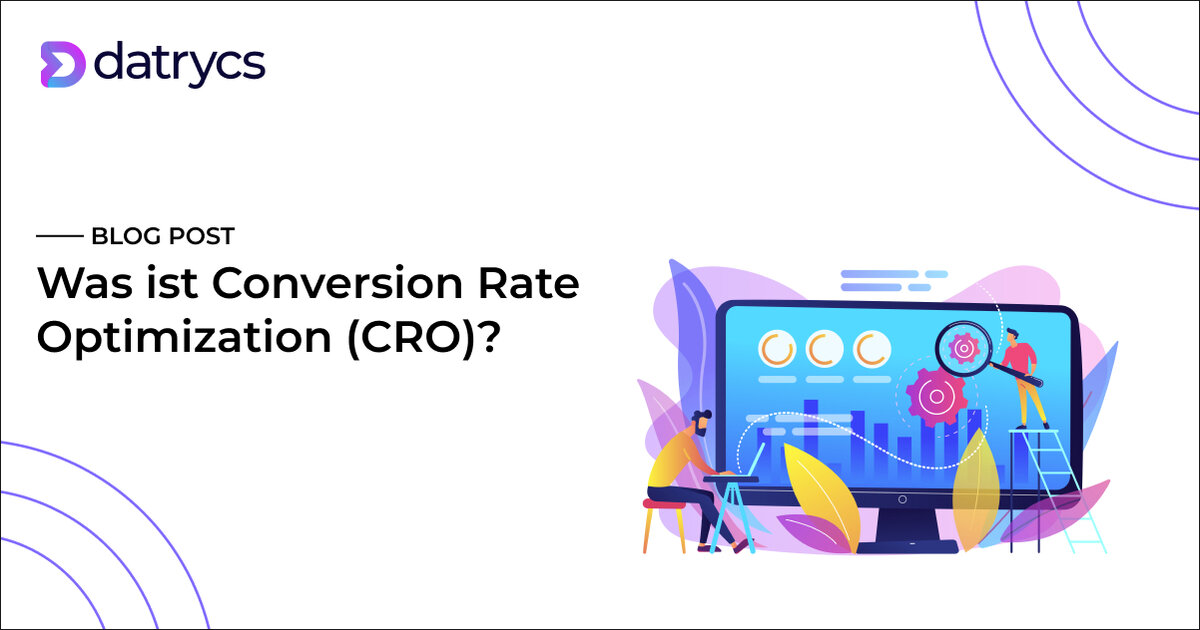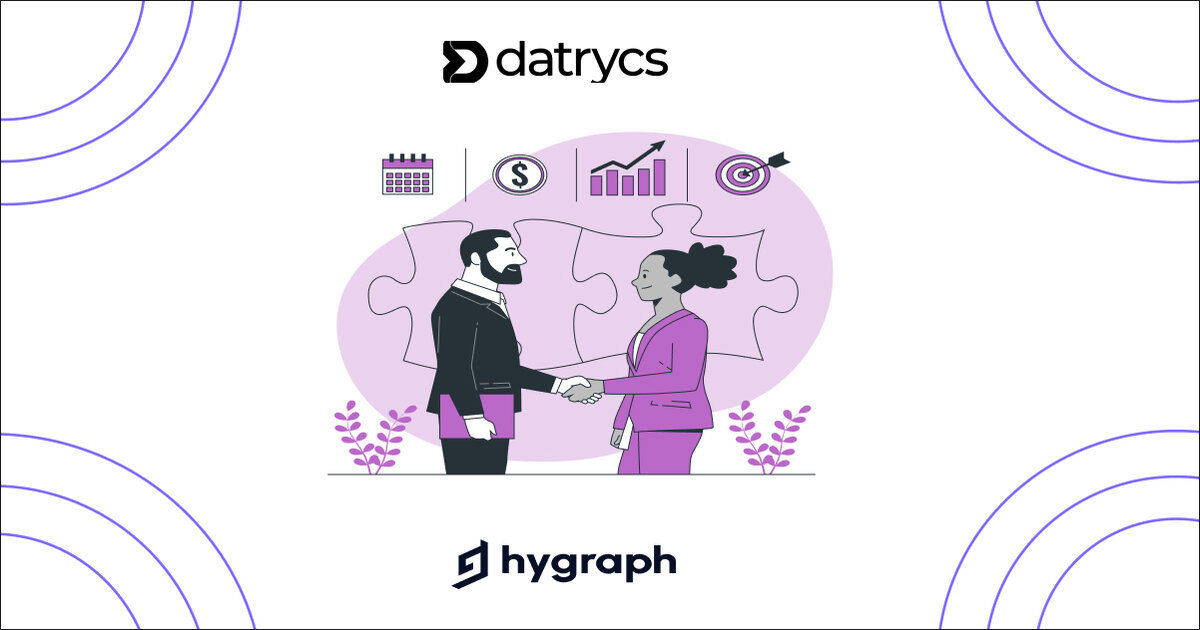Stell Dir vor, Dein Online-Shop läuft rund um die Uhr, bietet blitzschnelle Ladezeiten und bleibt selbst bei hohen Besucherzahlen stabil und reaktionsschnell. Das klingt verlockend, oder? Eine der besten Möglichkeiten, das zu erreichen, ist die Nutzung eines Content Delivery Networks (CDN). Doch was steckt genau dahinter? Lass uns die Geheimnisse eines CDNs entschlüsseln und entdecken, warum es für Deinen E-Commerce-Shop unverzichtbar ist.
Was ist ein CDN?
Ein Content Delivery Network (CDN) ist ein Netzwerk von Servern, die strategisch über verschiedene geografische Standorte weltweit verteilt sind. Diese Server speichern zwischengespeicherte Kopien Deiner Website-Inhalte – dazu gehören Bilder, CSS-Dateien, JavaScript und andere Ressourcen. Wenn ein Nutzer auf Deinen Online-Shop zugreift, liefert das CDN diese Inhalte vom Server, der ihm am nächsten ist. Das hat gleich mehrere Vorteile: Es verringert die Latenzzeit, verkürzt die Ladezeiten und verbessert das gesamte Benutzererlebnis. In einer Zeit, in der Nutzer schnelle und reibungslose Erlebnisse erwarten, ist ein CDN quasi ein Must-Have für jeden erfolgreichen Online-Shop.
Die Vorteile eines CDN für Deinen E-Commerce
Ein CDN bietet eine Vielzahl von Vorteilen, die besonders für E-Commerce-Websites entscheidend sind. Diese Plattformen müssen schnell, zuverlässig und sicher sein, um im harten Online-Wettbewerb bestehen zu können. Hier sind die fünf Hauptvorteile, die ein CDN Deinem Online-Shop bringen kann:
1. Schnellere Ladezeiten
Einer der größten Pluspunkte eines CDNs ist die drastische Reduzierung der Ladezeiten Deiner Website. Indem Inhalte vom nächstgelegenen Server bereitgestellt werden, minimierst Du die Strecke, die die Daten zurücklegen müssen. Dies führt nicht nur zu einem besseren Nutzererlebnis, sondern hat auch direkte Auswirkungen auf Deine SEO und Conversion-Raten. Wusstest Du, dass schon eine Sekunde Verzögerung bei der Ladezeit zu einem signifikanten Rückgang der Conversions führen kann? Studien zeigen, dass Websites, die in unter drei Sekunden laden, eine viel höhere Wahrscheinlichkeit haben, ihre Besucher zu halten und in Käufer zu verwandeln. Schnelligkeit ist also ein entscheidender Erfolgsfaktor im E-Commerce, und ein CDN kann Dir helfen, genau das zu erreichen.
2. Bewältigung von Verkehrsspitzen
Besonders während Verkaufsaktionen, Feiertagen oder speziellen Werbekampagnen kann es auf E-Commerce-Websites zu plötzlichen Zugriffsspitzen kommen. In solchen Momenten kann ein CDN seine Stärke ausspielen. Es verteilt die Arbeitslast auf mehrere Server, wodurch verhindert wird, dass ein einzelner Server überlastet wird. So bleibt Deine Website auch bei hoher Nachfrage schnell und reaktionsfähig. Damit schützst Du Dich vor potenziellen Ausfallzeiten, die nicht nur frustrierte Kunden, sondern auch Umsatzverluste nach sich ziehen können. Darüber hinaus kann das CDN Traffic-Management-Strategien implementieren, die sicherstellen, dass Deine Website immer zugänglich bleibt, egal wie viele Nutzer gleichzeitig darauf zugreifen.
3. Höhere Verfügbarkeit und Zuverlässigkeit
Ein CDN erhöht die Zuverlässigkeit Deiner E-Commerce-Website durch zusätzliche Sicherheit. Mit Servern, die weltweit strategisch verteilt sind, wird eine hohe Verfügbarkeit gewährleistet. Sollte ein Server ausfallen oder technische Probleme haben, kann ein anderer Server schnell einspringen, sodass Deine Website stets zugänglich bleibt. Diese Redundanz ist besonders wichtig für globale E-Commerce-Unternehmen, die sich keine Ausfallzeiten leisten können. Ein konsistentes Online-Erlebnis ist nicht nur für die Kundenzufriedenheit entscheidend, sondern auch für Deinen Ruf als Anbieter. Kunden erwarten Verlässlichkeit, und ein CDN kann genau das bieten.
4. Globale Reichweite und Leistung
Für international tätige E-Commerce-Unternehmen sind CDNs unverzichtbar, um ein schnelles und konsistentes Benutzererlebnis in verschiedenen Regionen zu gewährleisten. Indem sie die Latenz für Nutzer reduzieren, die weit vom Ursprungsserver entfernt sind, garantieren CDNs, dass Deine Website weltweit gut funktioniert. Dies ist besonders wichtig, wenn Du in Märkten tätig bist, in denen Nutzer hohe Erwartungen an die Geschwindigkeit und Verfügbarkeit von Online-Diensten haben. Ein CDN sorgt dafür, dass Du auf dem globalen Markt wettbewerbsfähig bleibst und Deinen Kunden das Erlebnis bietest, das sie erwarten.
5. Verbesserte Sicherheit
Neben den Performance-Vorteilen bieten CDNs auch eine zusätzliche Sicherheitsebene für Deine Website. Viele Anbieter stellen Funktionen wie DDoS-Schutz (Distributed Denial of Service) zur Verfügung, die Deine Website vor Angriffen schützen, die darauf abzielen, Deine Server mit übermäßigen Anfragen zu überlasten. Darüber hinaus kann ein CDN auch SSL-Verschlüsselung für die sichere Übertragung von Inhalten gewährleisten. Das schützt insbesondere sensible Kundendaten während Transaktionen. Diese zusätzliche Sicherheitsebene ist entscheidend, um das Vertrauen der Kunden zu gewinnen und gesetzliche Anforderungen zu erfüllen. In der heutigen Zeit, in der Cyberangriffe immer häufiger werden, ist es wichtiger denn je, Deine Website abzusichern.
So richtest Du Dein E-Commerce mit einem CDN ein
Die Implementierung eines CDNs für Deine E-Commerce-Website ist ein strategischer Schritt, der sorgfältige Planung und Ausführung erfordert. Hier sind einige wichtige Schritte, um sicherzustellen, dass alles reibungslos funktioniert:
1. Wähle den richtigen CDN-Anbieter
Der erste Schritt besteht darin, einen Anbieter zu wählen, der Deinen spezifischen Anforderungen entspricht. Berücksichtige dabei Faktoren wie die globale Serverabdeckung, Leistungsfähigkeit, Sicherheitsfeatures und Skalierbarkeit. Beliebte CDN-Anbieter wie Amazon CloudFront, Akamai und Cloudflare haben jeweils unterschiedliche Stärken. Informiere Dich über die Vor- und Nachteile der einzelnen Anbieter, um den passenden Partner für Deinen E-Commerce-Shop auszuwählen.
2. Konfiguriere Caching-Regeln
Die richtige Konfiguration der Caching-Regeln ist entscheidend. Bestimme, welche Inhalte zwischengespeichert werden sollen – in der Regel sind das statische Inhalte wie Bilder, Stylesheets und Skripte. Lege fest, wie lange diese Inhalte auf den Servern bleiben sollen, bevor sie aktualisiert werden. Durch optimierte Caching-Regeln stellst Du sicher, dass Deine Nutzer die aktuellsten Inhalte erhalten und gleichzeitig unnötige Anfragen an die Ursprungsserver minimiert werden. Ein gut konfiguriertes Caching kann die Ladezeiten erheblich verkürzen und somit die Nutzerzufriedenheit steigern.
3. Überwache und optimiere die Leistung
Nachdem Dein CDN eingerichtet ist, solltest Du die Leistung kontinuierlich überwachen. Analysiere die Benutzeranfragen, um die Inhaltsbereitstellung zu optimieren. Nutze Tools, um wichtige Metriken wie Ladezeiten, Serverantwortzeiten und Verkehrsverteilung im Blick zu behalten. Durch regelmäßige Überprüfungen kannst Du Probleme identifizieren und notwendige Anpassungen vornehmen. Dies kann die Optimierung von Caching-Regeln, Serverkonfigurationen oder Strategien zur Inhaltsbereitstellung umfassen. Eine fortlaufende Optimierung stellt sicher, dass Dein CDN den maximalen Nutzen für Deine E-Commerce-Site bietet.
4. Implementiere Analytik-Tools
Nutze Analytik-Tools, um das Nutzerverhalten auf Deiner Website zu verstehen. Diese Daten können Dir wertvolle Einblicke geben, welche Inhalte am häufigsten aufgerufen werden und wo möglicherweise Engpässe in der Leistung auftreten. Anhand dieser Informationen kannst Du strategische Entscheidungen treffen, um die Benutzererfahrung weiter zu verbessern und die Konversionsraten zu steigern. Tools wie Google Analytics oder spezielle CDN-Analytik-Optionen können Dir helfen, wertvolle Daten zu sammeln und auszuwerten.
5. Teste regelmäßig die Leistung
Es ist wichtig, regelmäßig Leistungstests durchzuführen, um sicherzustellen, dass Deine Website unter verschiedenen Bedingungen gut funktioniert. Das kann Tests zu verschiedenen Tageszeiten, bei unterschiedlichen Nutzerzahlen oder sogar auf verschiedenen Geräten umfassen. Solche Tests helfen Dir, potenzielle Probleme frühzeitig zu erkennen und Anpassungen vorzunehmen, bevor sie zu einem größeren Problem werden.
Fazit
Content Delivery Networks sind ein unverzichtbares Werkzeug für die Optimierung Deines E-Commerce-Bereichs. Sie bieten eine Fülle von Vorteilen, darunter schnellere Ladezeiten, die Fähigkeit, Verkehrsspitzen zu bewältigen, höhere Verfügbarkeit und Zuverlässigkeit sowie verbesserte Sicherheit. Wenn Du ein CDN in Deinem Online-Shop implementierst, kannst Du das Benutzererlebnis erheblich verbessern, was zu höherer Kundenzufriedenheit und steigenden Conversion-Raten führt.
In einer Welt, in der E-Commerce ständig wächst und sich weiterentwickelt, wird die Nutzung der Leistungsfähigkeit von CDNs entscheidend sein, um wettbewerbsfähig zu bleiben und Deinen Kunden ein nahtloses, sicheres Einkaufserlebnis zu bieten. CDNs erleichtern nicht nur die schnelle Bereitstellung von Internetinhalten wie Webseiten, Bildern und Mediendateien, sie garantieren auch, dass Deine Kunden jederzeit und überall Zugriff auf Deine Produkte haben.
Nutze diese geheime Waffe, um Deine Online-Performance auf das nächste Level zu heben! Mit einem gut implementierten CDN wird Dein E-Commerce-Shop nicht nur schneller, sondern auch sicherer und zuverlässiger – und das ist der Schlüssel zu nachhaltigem Wachstum und Erfolg im Online-Handel.












.jpeg)




















.jpeg)






















.avif)





